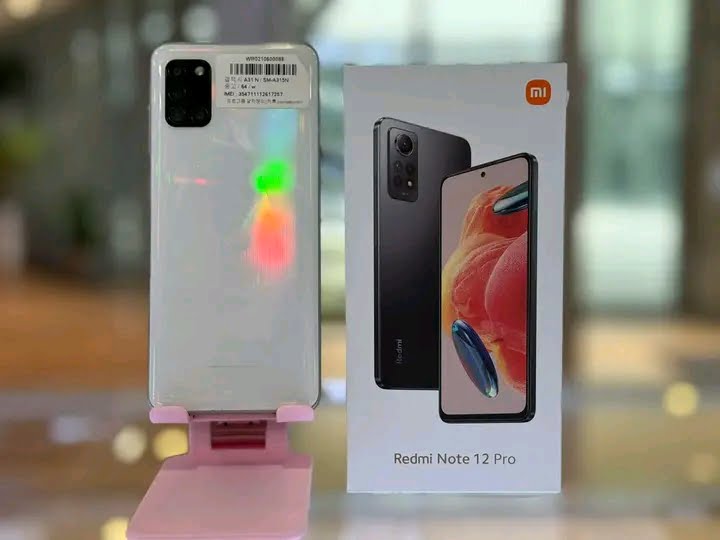List Of Fake Loan Apps In Nigeria 2024 Banned Completely

List Of Fake Loan Apps In Nigeria 2024 Banned Completely – In recent years, the rise of fake loan apps in Nigeria has become a significant concern for both consumers and regulators. These fraudulent mobile applications pose as legitimate loan providers but are actually designed to cheat unsuspecting borrowers out of their hard-earned money. In this article, we will discuss the modus operandi of these fake loan apps, the scale and extent of the problem, and what can be done to curb this fake loan app menace.
Read: 9 Highest Paramilitary Salary in Nigeria
Modus Operandi of Fake Loan Apps
Fake loan apps aggressively advertise on social media and grow to hundreds of thousands of users. At the time of application, they request access to entire contact lists and photo galleries using dark patterns. Since they are not regulated, they charge high processing fees and often demand repayment within 7 days.
List Of Fake Loan Apps In Nigeria 2024 Banned Completely
KashKash
GoCash
Cash Mall
CashLion
FastMoney
LendCash
BorrowNow
LCredit
NairaPlus
9ja Cash
Cash Wallet
GGMoney
9Credit
Sokoloan
Palmcash
Ease Cash
ForNaira
GotCashger
NCash
GotoCash
Scale and Extent of the Problem
The problem of fake loan apps in Nigeria has reached alarming levels. In 2023, the Nigerian Communications Commission (NCC) issued a short code “Text stop to 2442” to bar loan apps and others from calling subscribers illegally. The Reserve Bank of India (RBI) has also taken action against fake loan apps, banning over 600 out of 1100 lending apps currently available on app stores.
Impact on Consumers and App Stores
The consequences of fake loan apps are dire. In the most unfortunate cases, borrowers who are unable to repay their loans commit suicide. These apps wreak havoc across app stores, affecting legitimate lending apps and unsuspecting borrowers.
What Can Be Done to Curb Fake Loan Apps
To curb the fake loan app menace, it is essential to raise awareness about these fraudulent apps and educate consumers on how to spot them. Regulators, such as the RBI and NCC, should continue to take action against these apps and work to improve the digital lending ecosystem. Consumers should also be cautious when installing financial apps and never grant permission to the app to access their photo gallery, contact list, SMS, and emails.
The rise of fake loan apps in Nigeria is a significant concern that requires immediate attention. By raising awareness, educating consumers, and taking action against these fraudulent apps, we can work together to protect consumers and improve the digital lending ecosystem.






